PAT testing - Legal Requirement
Electrical equipment used in the workplace must be maintained in a safe condition to meet the legal requirements of the Electricity at Work Regulations. PAT testing itself is not a legal requirement, rather it is a procedure to identify if electrical equipment is safe to use or if maintenance is required.
“As may be necessary to prevent danger, all systems shall be maintained so as to prevent, so far as is reasonably practicable, such danger”
You can view the Electricity at Work Regulations on legislation.gov.uk.
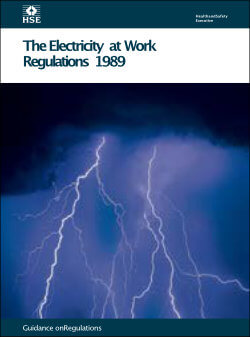
The regulations require you to do everything reasonably practicable to protect people from harm. This means balancing the level of risk against the measures needed to control that risk. The regulations however do not specify how this should be achieved. PAT testing is a recognised procedure for inspecting and testing electrical equipment to determine whether it is safe for continued use or if maintenance is required. Guidance on the procedures for PAT testing is provided by the Code of Practice for In-service Inspection and Testing of Electrical Equipment, published by the Institute of Engineering and Technology (IET). Following the Code of Practice is considered best practice, and by doing so you are likely to comply with the regulations. PAT testing does not necessarily need to be done by an electrician. The regulations require that the person is trained and competent. We run a one-day PAT testing course that is suitable for anyone looking to carry out the inspection and testing within the workplace.
As well as The Electricity at Work Regulations, there is other legislation relevant to electrical maintenance:

Health and Safety at Work etc. Act 1974
The Health and Safety at Work Act (HSWA) defines the general principles for the management of health and safety at work in the UK. The act puts a duty of care on employers, the self-employed and employees, to ensure the safety of all persons using the work premises.
Section 6.1 sets out the duties of any person who supplies any article for use at work to "perform such testing and examination as may be necessary to ensure safety".
You can view the Health and Safety at Work etc. Act on legislation.gov.uk.
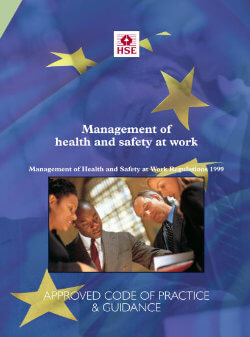
The Management of Health and Safety at Work Regulations 1999
The Management of Health and Safety at Work Regulations requires employers to have measures in place to ensure they comply with health and safety law. This includes a written health and safety policy and risk assessments.
You can view the The Management of Health and Safety at Work Regulations on legislation.gov.uk.
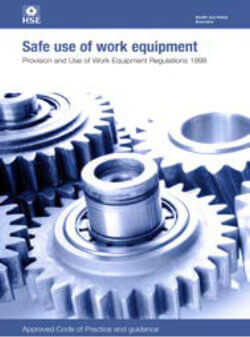
The Provision and Use of Work Equipment Regulations 1998
The Provision and Use of Work Equipment Regulations (PUWER) requires that equipment used in the workplace is maintained in a safe condition and inspected to ensure faults are detected.
You can view the The Provision and Use of Work Equipment Regulations on legislation.gov.uk.
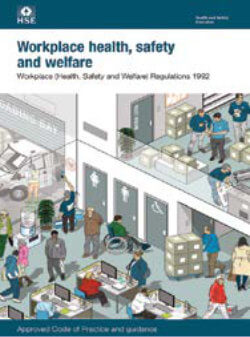
Workplace (Health, Safety and Welfare) Regulations 1992
The Workplace (Health, Safety and Welfare) Regulations state that maintenance is required for any equipment which would cause a risk to health and safety if a fault occurred.
You can view the The Workplace (Health, Safety and Welfare) Regulations on legislation.gov.uk.
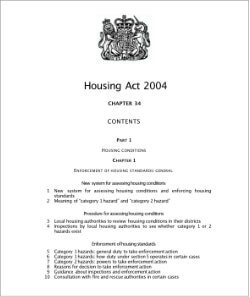
Housing Act 2004
The Housing Act 2004 states that electrical appliances must be kept in a safe condition if they a provided as part of a rented dwelling.
You can view the Housing Act 2004 on legislation.gov.uk.
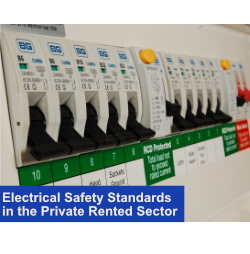
The Electrical Safety Standards in the Private Rented Sector (England) Regulations 2020
These regulations require landlords to ensure the electrical wiring in their properties undergoes inspection and testing at least once every five years. The regulations are exclusively applicable to the fixed electrical installation, and do not extend to electrical appliances. However, the official government guidance to these regulations recommends that landlords should regularly conduct portable appliance testing (PAT) on any electrical appliances they supply.
You can view the official guide for landlords: electrical safety standards in the private rented sector on the gov.uk website.